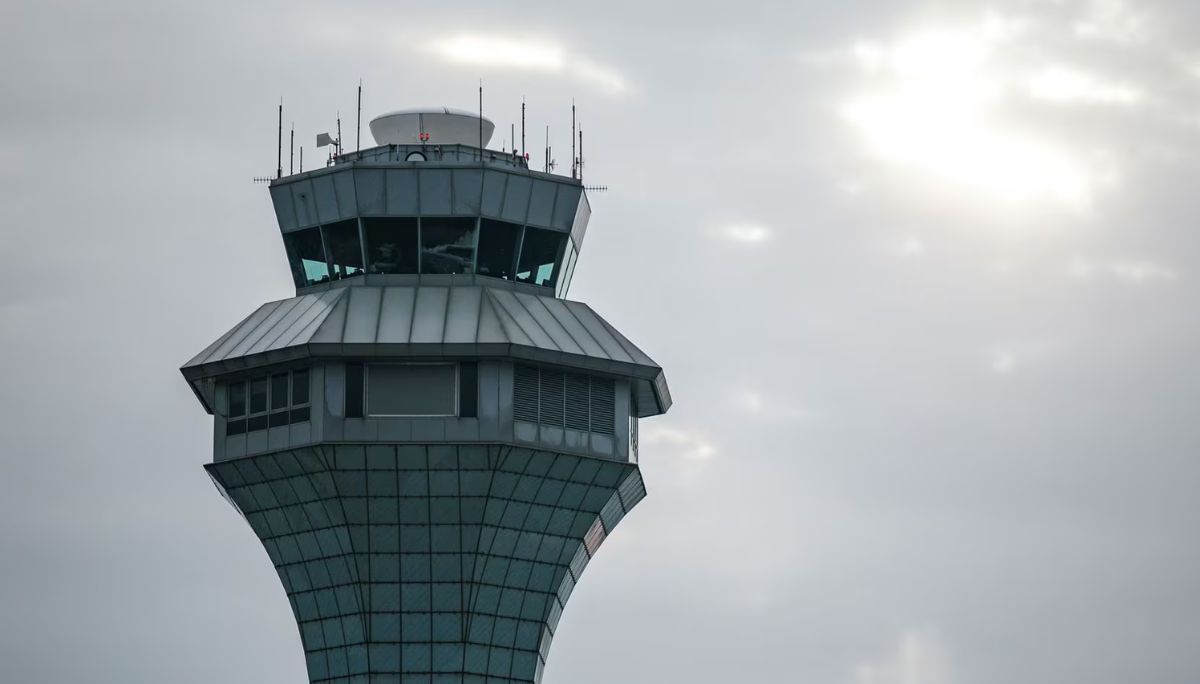Biden’s 2025 Plan: Recruiting 2,000 New Air Traffic Controllers – Discover How President Biden’s Plan to Recruit
In an effort to enhance aviation safety and efficiency, President Biden has announced a bold plan to recruit 2,000 new air traffic controllers by 2025. This initiative aims to address growing demands and ensure seamless operations in the skies.

Table of Contents
As air travel continues to soar, the need for a robust and efficient air traffic control system has become increasingly crucial. In response to this growing demand, President Biden has unveiled an ambitious plan to recruit 2,000 new air traffic controllers by 2025, bolstering the ranks of these unsung heroes of the skies.
The Need for a Robust Air Traffic Control System
Air traffic controllers play a pivotal role in ensuring the safety and smooth operation of our airways. These highly trained professionals guide aircraft through the intricate maze of the nation’s airspace, coordinating take-offs, landings, and enroute traffic with precision and skill. However, with a significant portion of the current workforce nearing retirement age, the Federal Aviation Administration (FAA) has identified a pressing need to replenish and fortify this essential workforce.
According to a report by the FAA, nearly one-third of the agency’s air traffic controllers will be eligible for retirement by 2025. This potential exodus of experienced personnel could strain the system and jeopardize the efficiency and safety of air travel if not addressed promptly.
Biden’s Ambitious 2025 Plan
Recognizing the urgency of the situation, President Biden’s 2025 plan aims to recruit and train 2,000 new air traffic controllers to fill the ranks and ensure a seamless transition as veteran controllers retire. This ambitious initiative is part of the administration’s broader strategy to strengthen the nation’s transportation infrastructure and maintain the highest standards of safety and efficiency in air travel.
The recruitment process will prioritize diversity and inclusivity, seeking candidates from various backgrounds and life experiences. By tapping into a diverse talent pool, the FAA hopes to cultivate a workforce that reflects the diverse communities it serves, fostering innovation and different perspectives in the field of air traffic control.
Challenges and Opportunities
While the 2025 plan presents a significant challenge in terms of recruitment, training, and resource allocation, it also offers opportunities for personal growth and career advancement. Air traffic control is a highly skilled and rewarding profession, offering competitive salaries, job security, and the pride of playing a critical role in the aviation industry.
To meet the ambitious targets set forth in the 2025 plan, the FAA will need to streamline its recruitment efforts and leverage advanced training techniques, including simulation and virtual reality technologies. Additionally, partnerships with educational institutions and community organizations will be crucial in attracting and nurturing the next generation of air traffic controllers.
Frequently Asked Questions: Biden’s 2025 Plan
Q: What qualifications are required to become an air traffic controller?
A: Air traffic controllers must possess a combination of academic qualifications, such as an associate’s degree or equivalent experience, as well as successful completion of specialized training programs. Strong problem-solving skills, multitasking abilities, and the ability to remain calm under pressure are also essential.
Q: How long does it take to become a fully certified air traffic controller?
A: The training process for air traffic controllers is rigorous and can take several years to complete. It typically involves classroom instruction, simulation exercises, and on-the-job training under the guidance of experienced controllers. The entire process can span between two to four years, depending on the individual’s progress and the specific facility.
Q: What is the average salary for an air traffic controller?
A: According to the Bureau of Labor Statistics, the median annual salary for air traffic controllers in the United States was $138,556 as of May 2021. However, salaries can vary based on factors such as experience, location, and the specific facility.
Q: What are the potential career advancement opportunities for air traffic controllers?
A: Air traffic controllers can progress into supervisory roles, such as front-line managers or facility operations managers. Additionally, experienced controllers may have opportunities to become instructors or air traffic control specialists, contributing to the training and development of new personnel.
As the aviation industry continues to grow, the role of air traffic controllers becomes increasingly crucial in ensuring the safety and efficiency of our skies. President Biden’s 2025 plan represents a proactive step towards addressing the anticipated workforce shortages and maintaining the highest standards of air traffic control services for years to come.






